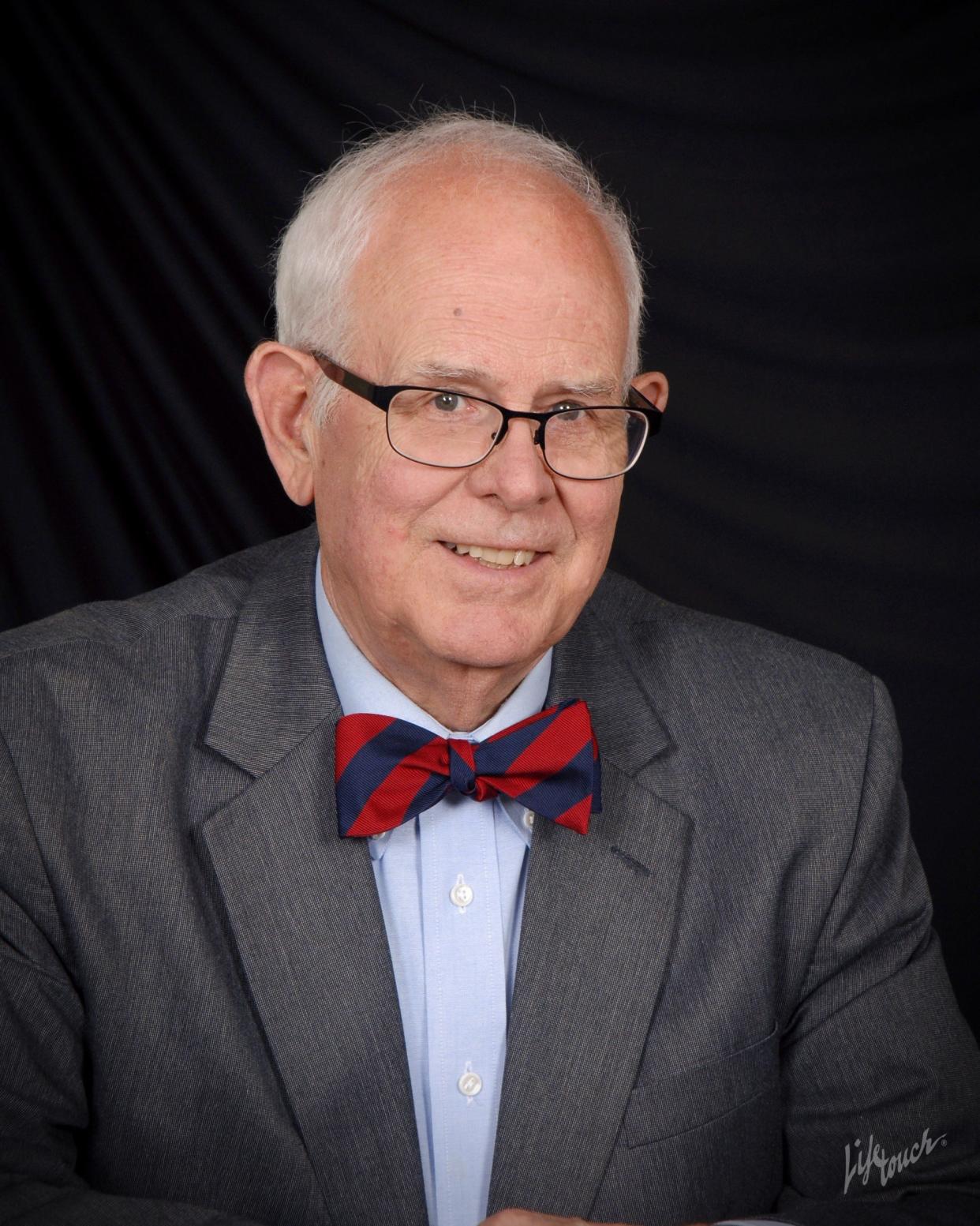Comparing public, charter and private schools is 'apples to pineapples' | Tom Campbell

Let me see if I got this right. We don’t have enough money to pay teachers properly, but we’ve got a billion dollars that we’re thinking of doling out to taxpayers? And we can’t adequately fund traditional public schools, but our lawmakers are going to appropriate $450 million more dollars to give parents vouchers to go to private schools? Am I missing something here?
North Carolina ranks 41st in average teacher pay. Perhaps that helps explain why the teacher turnover rate has soared by 47 percent with one in nine educators leaving the profession, according to the NC Department of Public Instruction. Starting teachers are paid $40,136. That’s 42nd in the nation. No wonder schools of education are having so much trouble recruiting education majors.
And there’s no mystery why so many parents are on wait lists for private school vouchers. Most are affluent parents, and the vouchers they receive won’t come close to paying for tuition, transportation, meals and other amenities. If they are honest, these parents mostly want their children to mingle with others of their income, race and education status. Republican-led lawmakers and a cadre of right-wing advocates have bad-mouthed traditional education for so long that many parents, without getting adequate explanations or facts, shun public schools.
Trying to conduct side-by-comparisons of traditional public schools, charters and private schools is like trying to compare apples to pineapples. Private and charter schools don’t have to accept ANY child who comes to their doors. Private schools and charter schools operate with different rules, curriculum and testing requirements, teacher certifications or the long list of regulations our legislature has heaped on traditional schools.
But the ultimate comparison is education outcomes (test scores). Private schools are so loosely regulated and reported that it is difficult getting meaningful data. But comparisons between charters and traditional public schools show mixed results. Some are better, some aren’t. The data doesn’t prove charters are educating our children better….especially since charters pick and choose who they admit.
Why are Republicans (or anyone) trying to destroy public schools? They vow they aren’t, but their actions speak louder than their words. I’ve researched this question and can’t find any real answer, other than the extremists who seem to want to discredit almost every institution that got us here.
We see the same efforts of discreditation applied to government. Never mind that we drive on government provided roads and bridges, use government funded water and sewer systems, go to government funded colleges and universities, along with fire and police protection. Politicians pander to whoever they can in order to divide us, get donations and votes.
Last week, Catherine Truitt, outgoing State Superintendent of Public Instruction spoke to the Public School Forum, stating that public education has become too politicized. “Education has emerged as a contentious wedge issue in our political discourse,” Truitt said. “Both Democrats and Republicans are using education to appeal to their respective bases, framing campaigns and policies around buzzwords that inspire clicks, and drive donations.”
These buzzwords include critical race theory, indoctrination centers, school choice, wokeness, racism, book banning, Leandro, accountability, DEI (diversity, equity and inclusion) and opportunity scholarships, among others.
Truitt continued, “The stakes are high, because we're trying to recover from the greatest disruption to education in our country's history, while the very nature of what it means to be workforce ready is changing by the day. But as someone who has had the privilege to lead public education for the last nearly four years, I want to underscore the need for our leaders to take their eyes off the buzzwords and hot topics that drive news and viral videos. This will mean doing away with what sounds good in favor of doing good for students.”
Well said, Superintendent Truitt. But where was your voice when some of these harmful laws were being considered? We get it. You stand a better chance of being effective if you work within the environment rather than in stirring up controversy. But public education needs champions and, as superintendent, it is your job to stand up for public education. We needed to hear your voice.
We ask again: why are so many willing to throw in the towel on traditional public schools instead of doing the admittedly difficult work of fixing problems?
It is easy to place the blame for the attacks on public schools on lawmakers, the State Board of Education members, parents with partisan agendas and even teacher organizations, but the scary truth is that the finger of blame ultimately needs pointing toward ourselves. We voted for the people making the rules, appropriating the funds and administering our schools.
If we are dissatisfied with their actions (and we have every right to be), you and I have the power to change things with our votes in November.
Tom Campbell is a Hall of Fame North Carolina broadcaster and columnist who has covered North Carolina public policy issues since 1965. Contact him at tomcamp@carolinabroadcasting.com.
This article originally appeared on Wilmington StarNews: Tom Campbell writes about teacher pay, public education in nc

